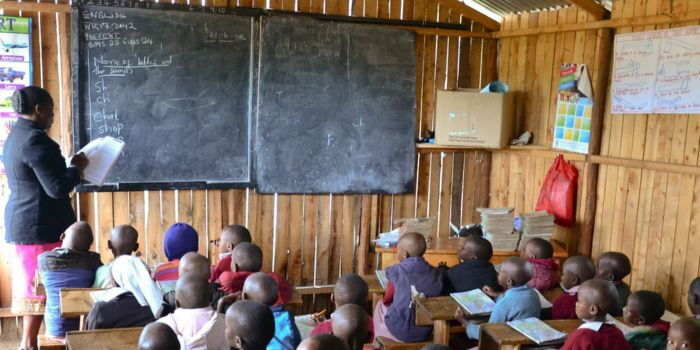A government audit has confirmed the existence of ghost students and irregular enrollment in schools. The Ministry of Education warns that the total number of learners could fall by 5 to 10 per cent once verification ends.
Enrollment Numbers Under Review
Basic Education Principal Secretary Julius Bitok said the exercise will also reduce the number of schools. So far, 20,000 schools have been verified and received capitation. However, thousands more are still waiting.
Some school heads report that the delays have disrupted operations. Food suppliers, for example, are refusing to deliver goods until they are paid.
President Ruto’s Stand
President William Ruto has stressed the need to clean up the system.
“We are told there are ghost schools, ghost students, there are ghosts everywhere. We have agreed that we must remove the ghosts,” he said.
The verification process is part of the government’s wider plan to digitize school records.
Funding Delays
The government says Ksh. 23 billion was set aside for this term. Out of this, about Ksh. 13 billion (60 per cent) has been released. The rest will be disbursed once all schools are cleared.
Capitation delays have hit institutions hard. Some schools cannot buy food or run basic activities. The problem cuts across primary, junior, and secondary schools.
Capitation Gap
The Presidential Working Party on Education Reforms recommends that junior secondary learners get Ksh. 15,043 per year and senior secondary students Ksh. 22,244. Yet, the government admits it has not met these amounts fully.
What Next?
The audit is expected to end by Friday. Officials say the results will confirm the exact number of ghost learners and schools. Education stakeholders now brace for reduced allocations and tougher financial times ahead.

